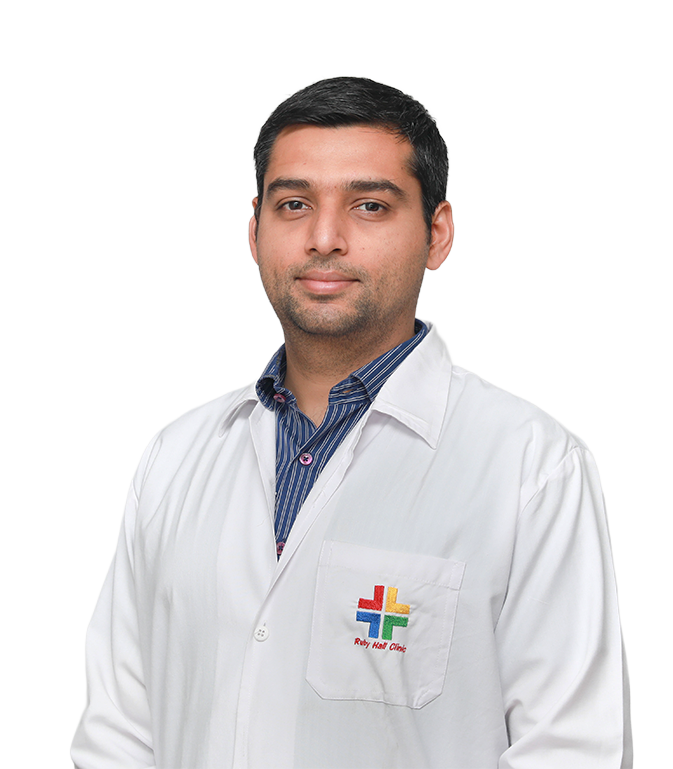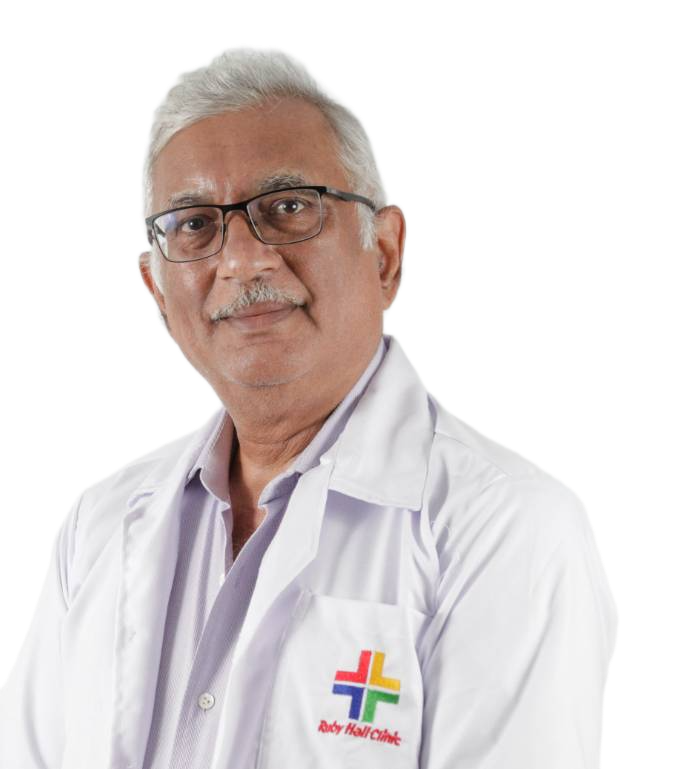
At Ruby Hall Clinic, we believe that a healthy smile is a reflection of overall well-being. Our Centre for Dental Sciences is dedicated to providing exceptional dental care, combining state-of-the-art technology with a team of experienced professionals. We offer a full spectrum of dental services tailored to meet the unique needs of each patient, ensuring optimal oral health and aesthetics.
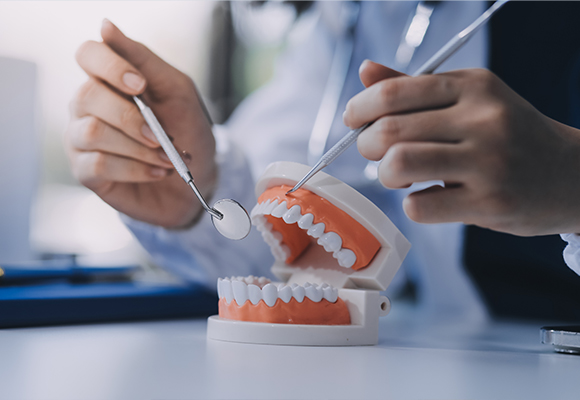
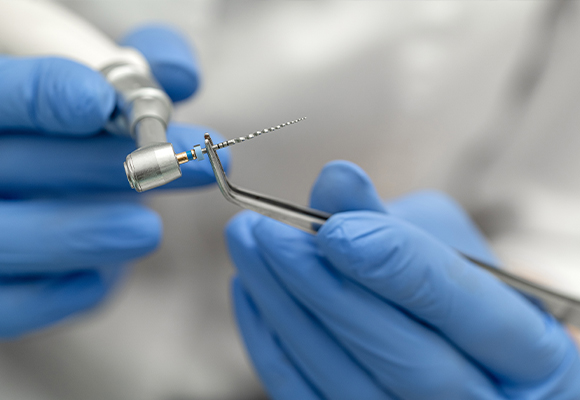
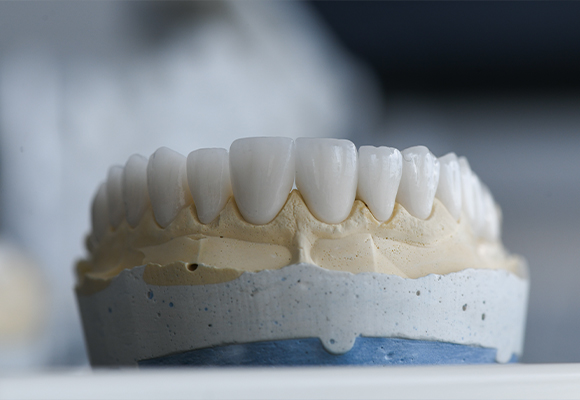
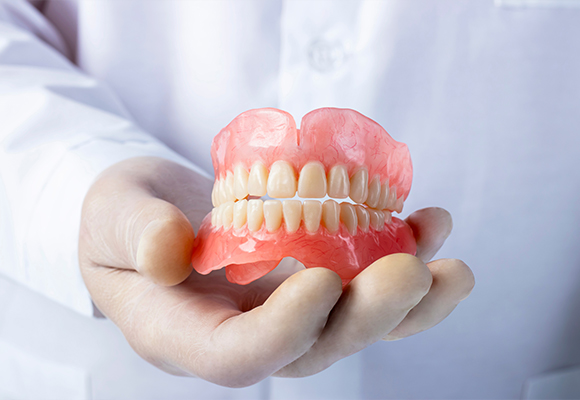
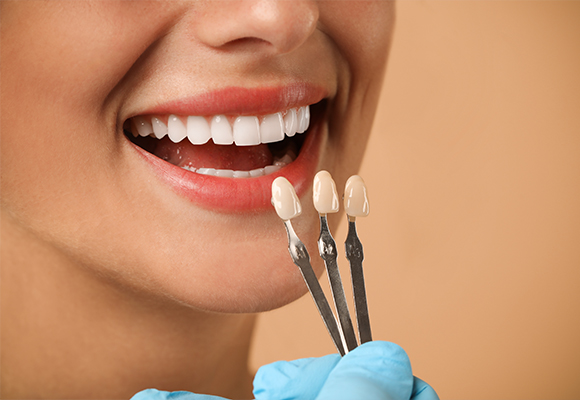
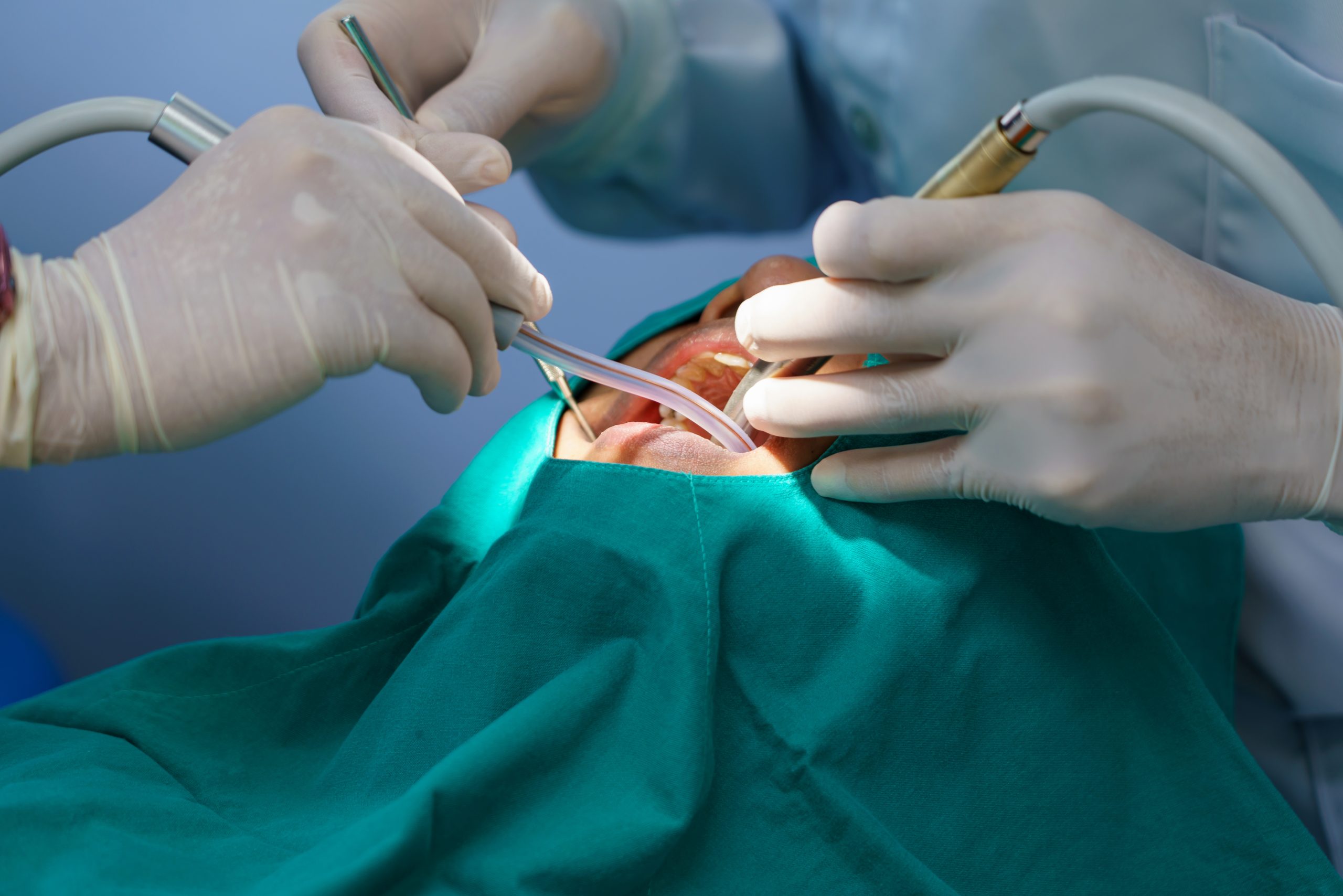
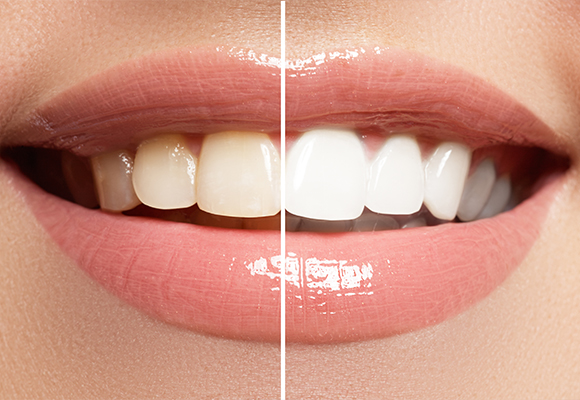
Equipped with modern dental technology for accurate diagnosis and effective treatment.


From preventive care to complex surgeries, all under one roof.



A blend of seasoned specialists and compassionate support staff.
Emphasis on comfort, safety, and personalised care plans.

Effective communication to cater to diverse patient backgrounds.

Your smile is our priority. At Ruby Hall Clinic, we are committed to delivering excellence in dental care with compassion and integrity.

Our multidisciplinary team comprises skilled professionals dedicated to delivering personalised dental care:
